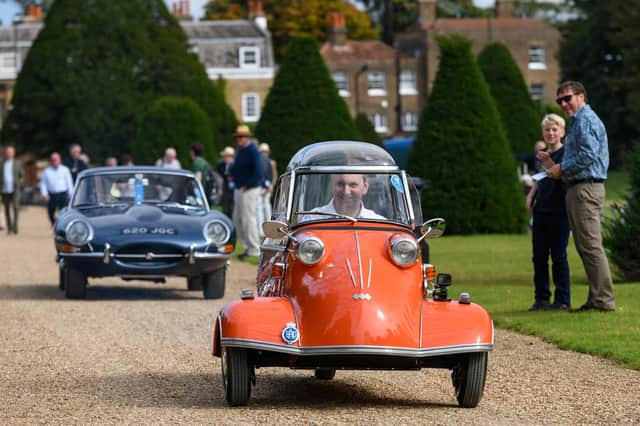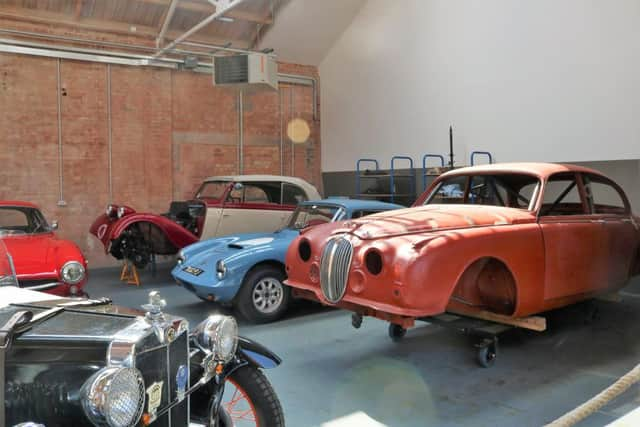100,000 classic car jobs at risk from red tape and green fears


More than 100,000 specialist jobs in the classic car industry could be under threat due to post-Brexit bureaucracy and poorly targeted environmental legislation, according to a new trade body representing the sector.
The Historic and Classic Vehicles Alliance (HCVA) has called on MPs and regulators to help protect the sector, which it estimates has an annual turnover of more than £18 billion.
Advertisement
Hide AdAdvertisement
Hide AdIt warned that complex new rules around the export and import of cars and parts to and from the EU risk causing significant harm to the trade as businesses struggle with red tape and additional costs.


It also said that misconceptions around the environmental impact of classic cars threatened to damage their popularity and the businesses which help to maintain them.
The industry around classic cars is estimated to employ 113,000 people in the UK including skilled engineers and craftspeople dedicated to maintaining and restoring classic cars of all types. Thousands of specialist workshops and suppliers serve the industry in what HCVA director Harry Whale called “a great British success story”.
He said: “Our sector is a great British success story and has been for decades. But it’s in serious jeopardy and may not survive to continue providing opportunities for future generations if we don’t act now.
Advertisement
Hide AdAdvertisement
Hide Ad“In a world of mind-boggling bureaucracy, with environmental and other legislation looming, we need to ensure the voice of the industry and owners is heard and understood by regulators and those in power.”
The HCVA says that as well as problems affecting the movement of cars and parts, worries about the emissions impact of classic cars and potential legislation targeting them was affecting owners’ confidence and enthusiasm.
It argues that classic vehicle emissions have a relatively modest impact on the environment compared to many modern cars because they are typically better maintained and driven far less. According to its research, the average classic is only driven around 16 times a year and covers around 1,200 miles, producing 20 per cent of the CO2 emissions from using a computer and a mobile phone for a year.
Formula 1 designer Professor Gordon Murray has backed the alliance’s calls for better regulation and education around the sector. He said: “The restoration and preservation of classic cars keeps our rich history in the automotive sector alive for future generations. As we move towards electrification and ever more stringent regulations, in my view it will become even more important to support and protect our classic automotive heritage.”
